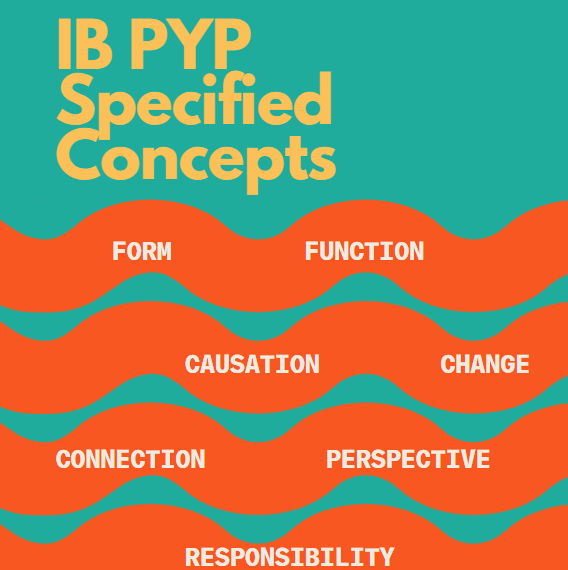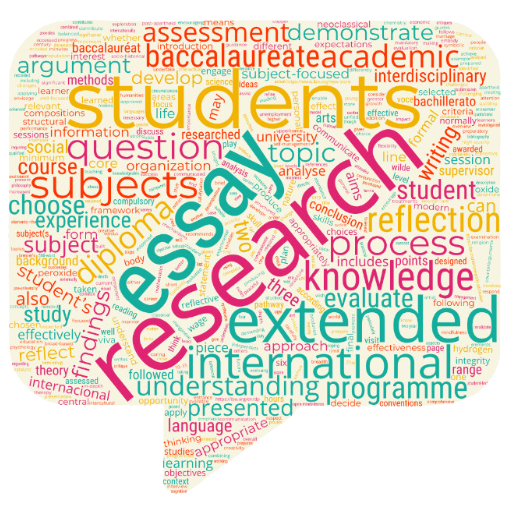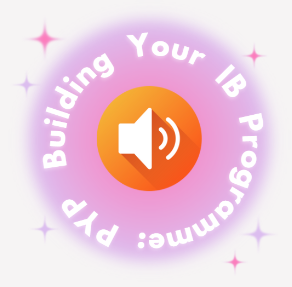The International Baccalaureate (IB) Primary Years Programme (PYP) can be an exciting venture for both educators and students alike. Like all IB programmes in the IB continuum, the PYP is guided by a powerful mission. The PYP is a dynamic, inquiry-based educational framework designed for students aged 3 to 12. It focuses on developing the whole child, fostering a love of learning, and nurturing students’ natural curiosity. Through a transdisciplinary approach, the PYP encourages students to make connections across various subject areas and real-world contexts. By promoting key skills called Approaches to Learning (ATL) skills including critical thinking, communication, and collaboration, the PYP aims to empower students with agency and help them to become active, compassionate, and lifelong learners.
What are the IB PYP Approaches to Learning Skills?
The IB PYP emphasizes a student-centered approach to learning, focusing on the development of key skills and attributes that enable students to become independent, lifelong learners. The PYP promotes a holistic view of education, recognizing that learning is a multifaceted process that goes beyond traditional academic subjects. To support students in their lifetime of learning journey, the PYP encourages the use of different approaches that cater to diverse learning styles and preferences. These approaches include inquiry-based learning, where students are encouraged to ask questions, investigate, and make connections to deepen their understanding. Additionally, the PYP values the integration of real-world contexts into the curriculum, allowing students to see the relevance of their learning to the world around them.
The PYP identifies five essential skill categories that support students in becoming successful learners. These categories are Communication, Social, Self-Management, Research, and Thinking Skills. By focusing on these skill categories, the PYP equips students with the tools they need to navigate complex challenges, become active participants in their learning, and thrive in an ever-changing world.
Thinking Skills
To develop Thinking skills, students are encouraged to think critically, creatively, and reflectively. They develop problem-solving skills, decision-making abilities, and the capacity to analyze and evaluate information from multiple perspectives.
Critical thinking skills involve analyzing and evaluating ideas, concepts, and issues. An example of how this might look in the classroom is to have students take on a side of an issue and prepare for a debate.
Creative thinking skills involve developing new ideas or products that never existed previously. An activity to explicitly teach this skill is to use a Project Zero visible thinking routine like Step Inside: Perceive, Know About, Care About to design a solution to a problem.
Transfer skills require taking acquired knowledge and applying it to new situations. An activity that would provide practice for this skill would be to use a Venn Diagram to compare the form and the function of an object or system.
Research Skills
Developing Research skills teaching involves opportunities and guidance on how to gather, evaluate, and use information from a variety of sources. Students learn media literacy and information literacy to support their inquiry-based learning.
Information literacy skills involve learning how to find, interpret, judge credibility, and create information. To provide practice in these skills, students could use the Claim, Support, Question thinking routine where they would form claims, explanations, or interpretations and support them with evidence.
Media literacy skills are about engaging with various media to create ideas and information. An activity to support developing these skills might be to have students create a short presentation about their topics using researched information and following the rules of the school’s IB academic integrity policy.
Self-Management Skills
Self-Management Skills development helps students learn to set goals, organize their time effectively, and take responsibility for their own learning. They develop skills such as time management, organization, and perseverance. Three categories of distinction can be used to think about planning for the teaching of the skills. They are:
Organization skills involve setting goals or working with deadlines and dates, then formulating a strategy to accomplish or meet them.
Affective skills include managing the state of mind, resilience, motivation, and managing emotions. Activities that help students be mindful and reduce anxiety and stress such as breathing techniques contribute to developing these skills.
Reflection skills may be honed by providing the guidance and space for students to reflect on learning, behaviors, or determine what skills they need to use, or evaluate proficiency levels of skill usage. An example of an activity would be to have students create a visual representation to summarize information learned.
Social Skills
Social Skills instruction focuses on students developing the ability to work collaboratively with others, showing respect, empathy, and understanding. They learn to appreciate different perspectives and contribute positively to group dynamics.
To prepare students to have collaboration skills, specific behavior goals such as practicing empathy, helping others succeed, taking responsibility for one’s own actions, managing and resolving conflict, building consensus, listening actively to other perspectives and ideas, and advocating for one’s own rights and needs can be targeted with intentionality. An example might be to do a readers’ theater activity to provide the opportunity for groups to take on the role of characters and work together to determine how to present the play.
Communication Skills
Communication Skills are essential to allow students to express themselves effectively through various forms of communication, such as speaking, writing, and listening. This helps them articulate their thoughts, ideas, and feelings clearly. Some distinct instructional goals may include reading critically, reading a variety of sources for information and for pleasure, making inferences, drawing conclusions, writing for different purposes, understanding and using mathematical notation, summarizing, and paraphrasing accurately and concisely.
Activities like using a KWHLAQ Chart to provide opportunities to communicate through group interaction and graphic organizers like a Tree Map to organize information and ideas to be used for communicating in a chosen format.
How CASIE Can Help
Please visit CASIE’s IB Workshop pages and We Recommend page for ways to learn more about Approaches to Learning (ATL).





